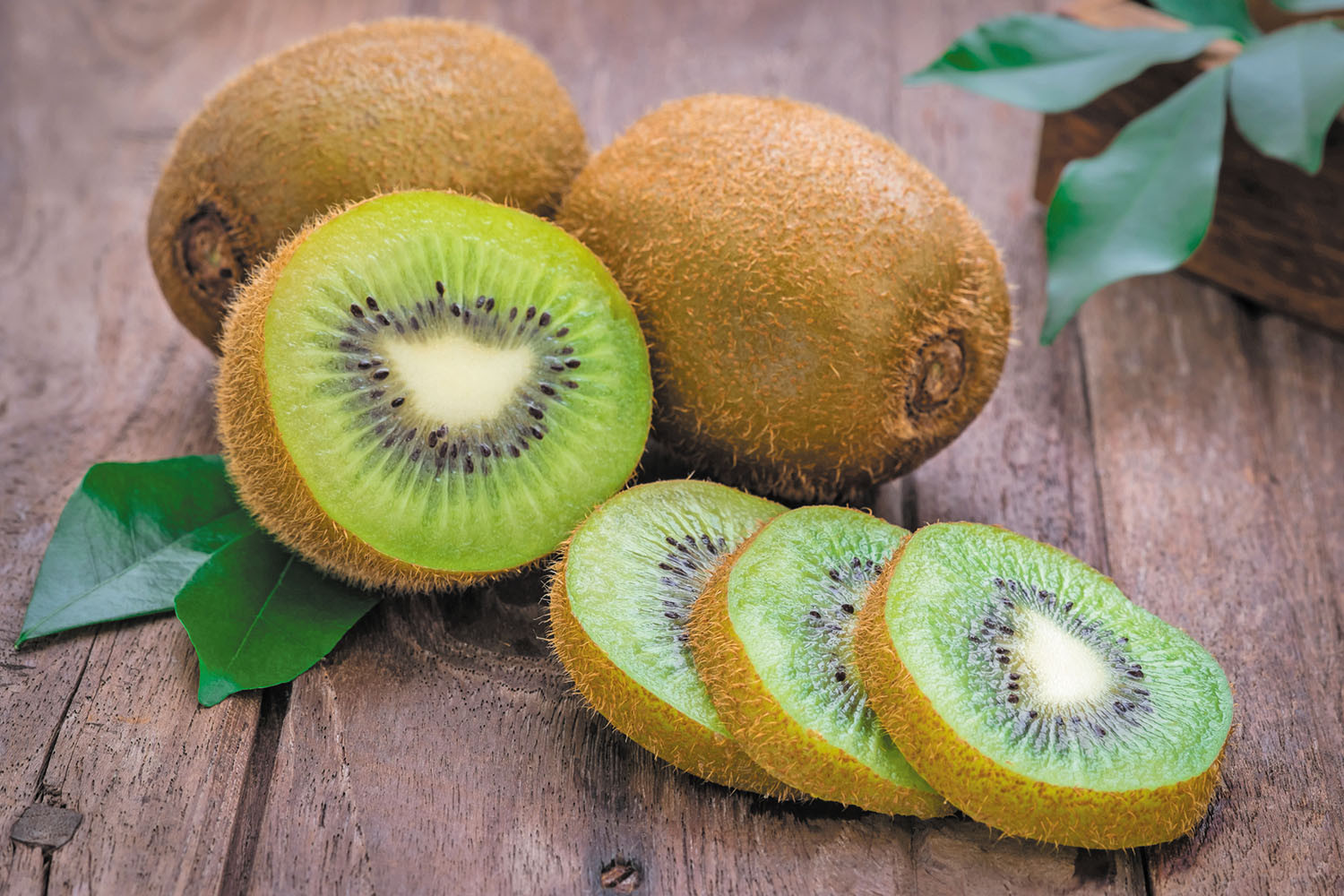Ad Blocker Detected
Our website is made possible by displaying online advertisements to our visitors. Please consider supporting us by disabling your ad blocker.
Apricots, scientifically known as Prunus armeniaca, are a delectable and nutritious fruit that has been enjoyed for centuries. These small, round fruits are known for their sweet and slightly tart flavor, as well as their vibrant orange hue. Apricots are native to Central Asia but have spread to various parts of the world due to their popularity. Beyond their delightful taste, apricots offer a wealth of health benefits, making them a valuable addition to any diet. In this article, we will explore the nutritional richness of apricots, their potential health perks, and their culinary versatility.
A History of Apricot Appreciation
The cultivation of apricots dates back thousands of years, with evidence of their consumption found in archaeological sites in Armenia, a region often associated with the fruit’s origins. From there, apricots made their way along the Silk Road and became a cherished fruit in many cultures. Today, apricots are enjoyed fresh, dried, in jams, and as a key ingredient in various culinary creations.
Nutritional Profile of Apricots
A Nutrient-Rich Gem
Apricots are celebrated not only for their delightful taste but also for their impressive nutritional content. Here’s a glimpse of the nutrients found in apricots:
1. Vitamins
- Vitamin A: Apricots are exceptionally rich in beta-carotene, a form of vitamin A that is essential for eye health and maintaining healthy skin and mucous membranes.
- Vitamin C: Supports immune health, skin regeneration, and wound healing.
- Vitamin K: Essential for blood clotting and bone health.
2. Minerals
- Potassium: Essential for heart health, nerve function, and maintaining healthy blood pressure levels.
- Copper: Supports various metabolic processes in the body.
3. Dietary Fiber
- Soluble Fiber: Supports digestive health, stabilizes blood sugar levels, and helps lower cholesterol.
- Insoluble Fiber: Promotes regular bowel movements and prevents constipation.
4. Antioxidants
- Beta-carotene: A powerful antioxidant that helps protect cells from oxidative damage.
- Lutein and Zeaxanthin: Carotenoids found in apricots that support eye health.
5. Natural Sugars
- Fructose: The natural sugars in apricots provide their sweet taste and a source of quick energy.
6. Phytonutrients
- Quercetin: A flavonoid found in apricots that has anti-inflammatory and antioxidant properties.
- Epicatechin: A flavonoid that may contribute to various health benefits, including heart health.
Health Benefits of Apricots
1. Eye Health
- Vitamin A: The beta-carotene in apricots is converted into vitamin A in the body, which is essential for maintaining good vision and preventing age-related macular degeneration.
- Lutein and Zeaxanthin: These carotenoids protect the eyes from harmful high-energy light waves like ultraviolet rays.
2. Heart Health
- Potassium: Apricots are a good source of potassium, which helps regulate blood pressure and supports heart health.
- Antioxidants: The antioxidants in apricots may reduce oxidative stress and inflammation in the cardiovascular system.
3. Digestive Health
- Dietary Fiber: The fiber in apricots promotes regular bowel movements, prevents constipation, and supports a healthy gut microbiome.
4. Skin Health
- Beta-carotene: Apricots contribute to healthy, glowing skin by providing a rich source of beta-carotene, which is involved in skin regeneration.
- Wound Healing: Vitamin C in apricots aids in wound healing and repairing damaged skin.
5. Immune Support
- Vitamin C: Apricots are rich in vitamin C, which enhances immune function and helps the body fight infections.
- Antioxidants: The antioxidants in apricots reduce oxidative stress and support the immune system.
6. Weight Management
- Low Calorie: Apricots are relatively low in calories, making them a suitable choice for those aiming to manage their weight.
- Dietary Fiber: The fiber content in apricots enhances feelings of fullness, potentially reducing overall calorie intake.
Culinary Uses of Apricots
Apricots are incredibly versatile and can be enjoyed in various culinary creations. Here are some delightful ways to incorporate apricots into your diet:
1. Fresh and Simple
- Fresh Apricots: Enjoy freshly washed apricots on their own as a sweet and nutritious snack.
- Apricot Bowl: Create a colorful fruit bowl by adding apricots to a mix of other fresh fruits like strawberries and blueberries.
2. Desserts and Treats
- Apricot Tart: Bake a delightful tart with a buttery crust and a sweet apricot filling.
- Apricot Sorbet: Make a refreshing sorbet by blending apricots with a touch of sugar and lemon juice.
3. Preserves and Jams
- Apricot Jam: Create a sweet and tangy jam by cooking apricots with sugar and pectin, perfect for spreading on toast or using as a filling for pastries.
4. Savory Dishes
- Apricot Glaze: Make a savory glaze for roasted meats or vegetables by simmering apricots with spices and vinegar.
- Apricot Chutney: Prepare a flavorful chutney with apricots, onions, ginger, and spices, ideal as a condiment for savory dishes.
5. Beverages
- Apricot Smoothie: Blend apricots with yogurt, honey, and a handful of spinach for a creamy and fruity smoothie.
- Apricot Iced Tea: Create a homemade apricot iced tea by infusing apricot flavor into your favorite tea and sweetening it to taste.
Apricot Varieties
Apricots come in various varieties, each with its unique flavor and characteristics. Common apricot varieties include:
- Moorpark: Known for its rich, sweet flavor and aromatic qualities, Moorpark apricots are a popular choice for fresh consumption and desserts.
- Harlow: These apricots have a slightly tangy taste and are often used for making jams and preserves.
- Tilton: Tilton apricots are sweet and juicy, making them ideal for fresh eating and baking.
Conclusion
Apricots, with their sweet and slightly tart flavor, are a gift from nature that combines deliciousness with health benefits. Whether you’re enjoying them fresh, baked into a pie, or blended into a smoothie, apricots offer a delightful blend of flavor and nutrition. From supporting eye and heart health to aiding digestion and enhancing skin radiance, apricots are a valuable addition to your diet. So, savor the juicy goodness of apricots and embrace the numerous benefits they bring to your overall well-being and culinary creations.



